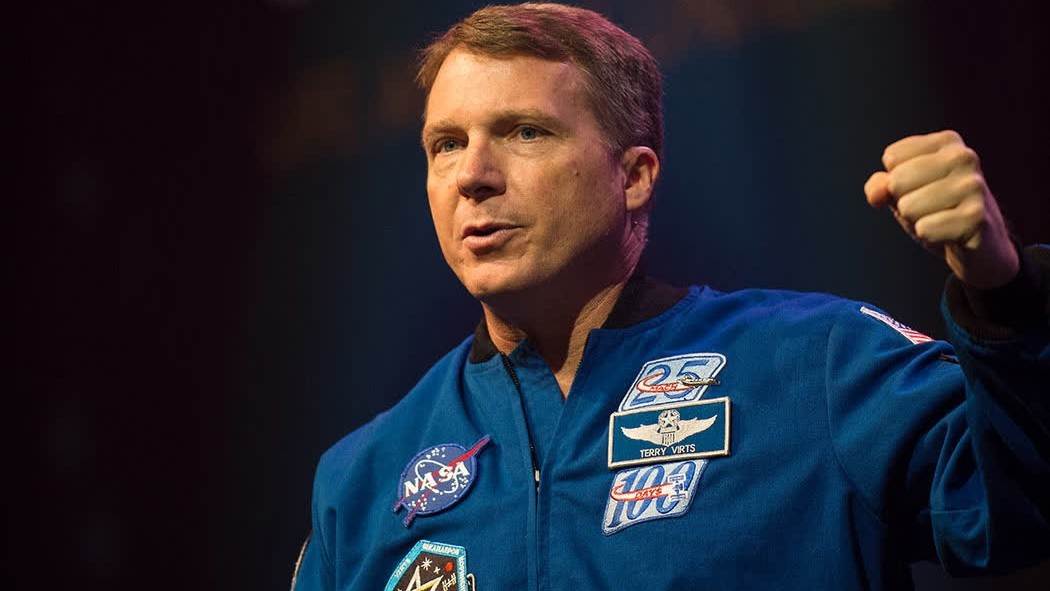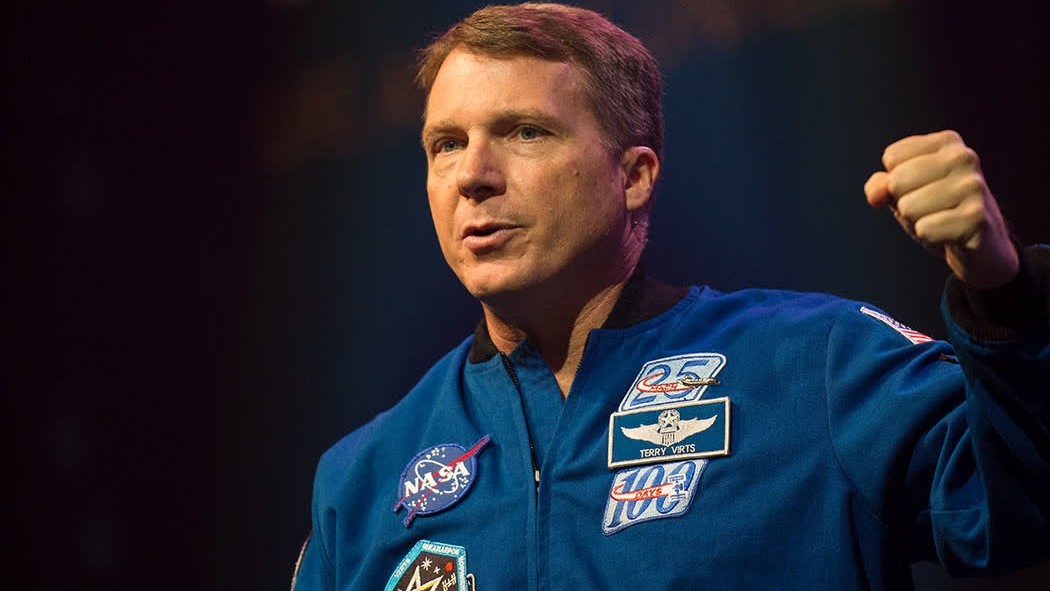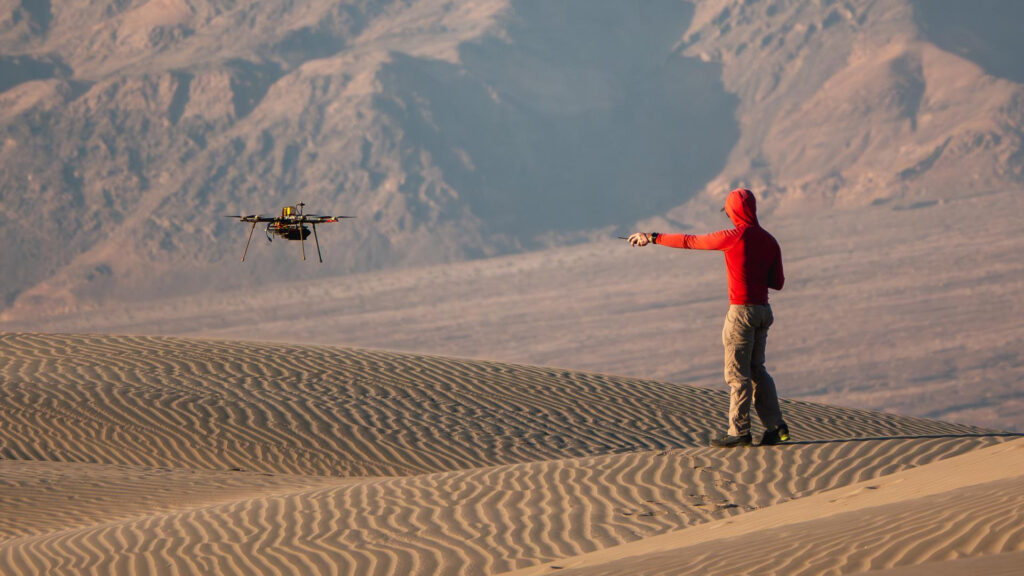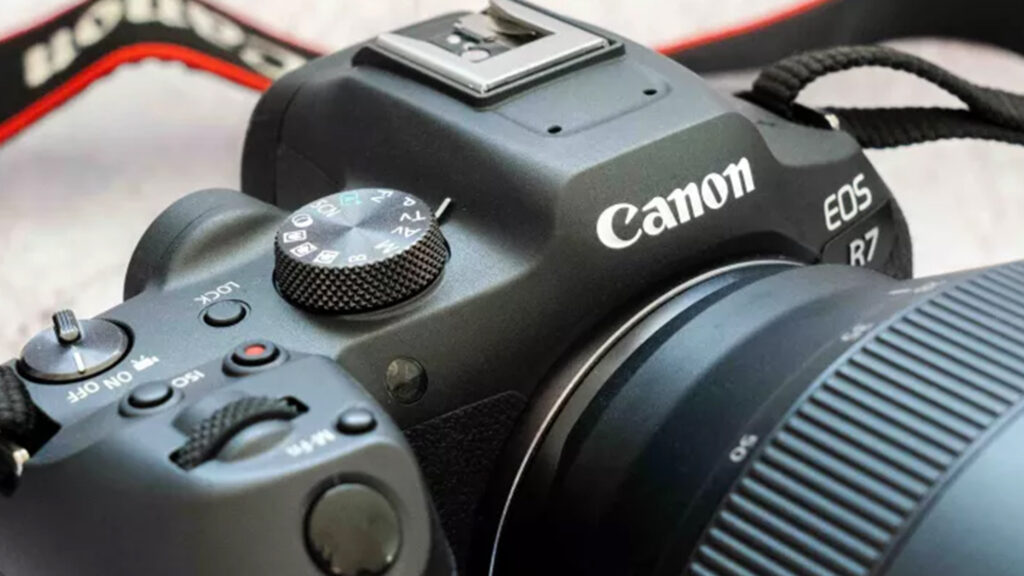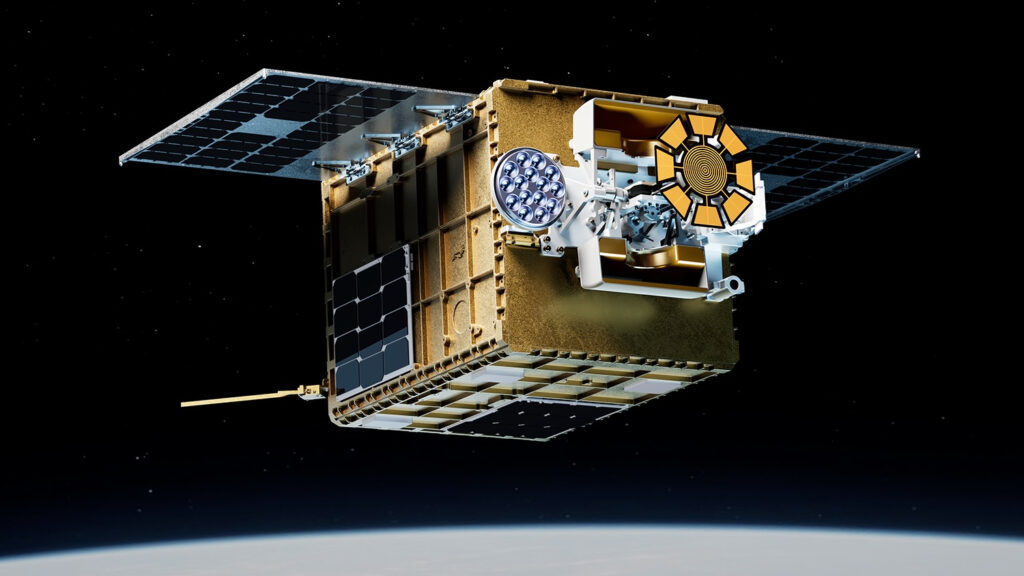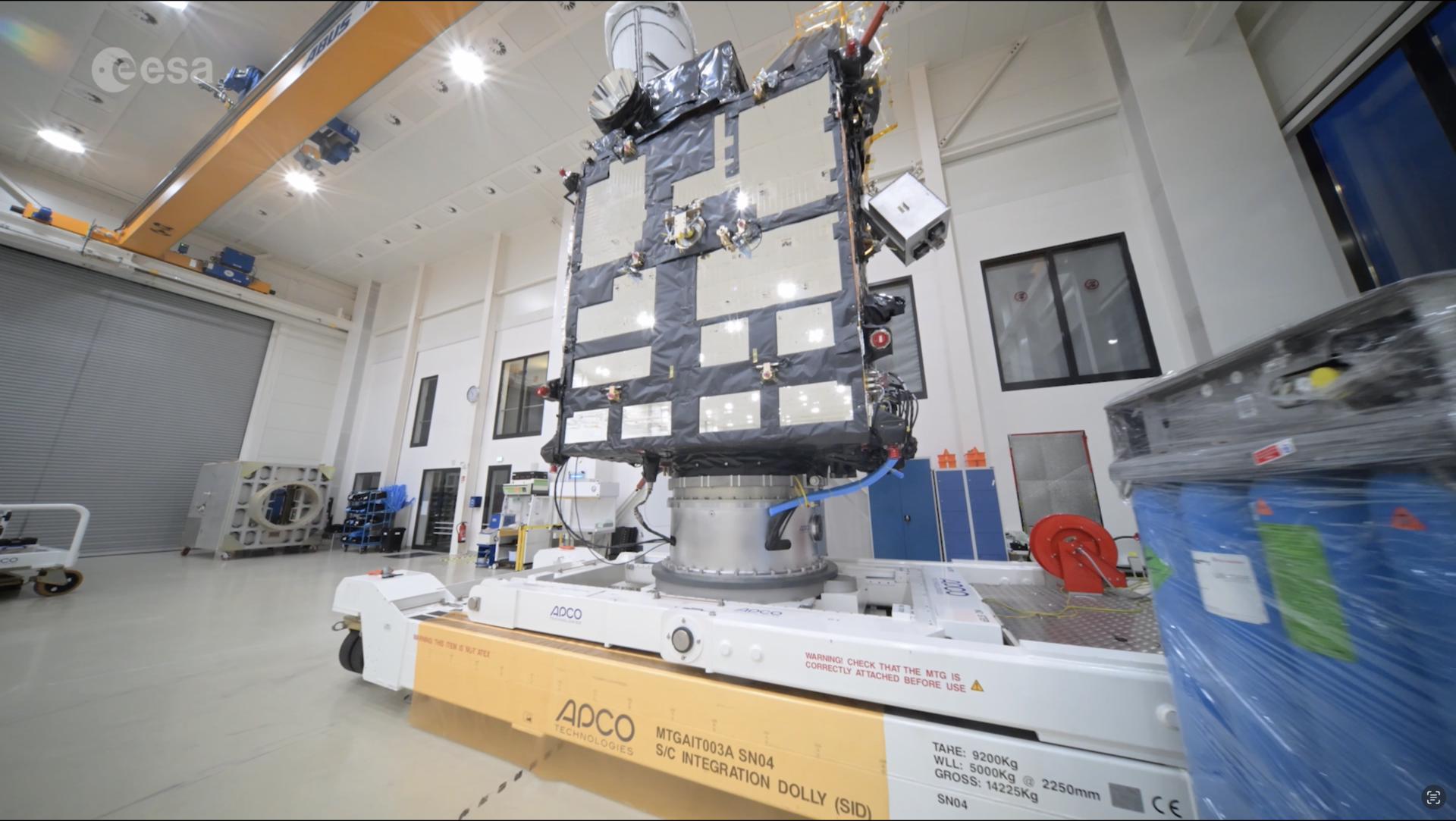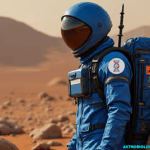“Just looking at what’s going on in the world, what’s going on in our country, this disaster from the Trump administration, the chaos and division that’s happening — I just couldn’t stand by and watch this. I had this moment in space. It’s been a few years. We were on the Russian segment. We were having dinner, and we looked down at Earth, and I said, ‘You know what, guys? There’s six of us up here, and there’s over six billion people over there on that planet.’ The Russians have this big window [from which] you can see [Earth]. I said, ‘We’ve been given something really special.’
“I have this kind of philosophy: To those whom much has been given, much will be expected.’ And I’ve been given a lot. You know, thankfully, my country, the taxpayers have made me an F-16 pilot and a NASA astronaut. I spent seven months in space. So, I’ve been given a lot, and I feel like this is a time when things have gotten so bad that it was time for me to serve again. So I threw my name in the hat. I know it’s big. I jumped into the deep end of the pool by running for U.S. Senate. But I think the moment requires leadership.”


